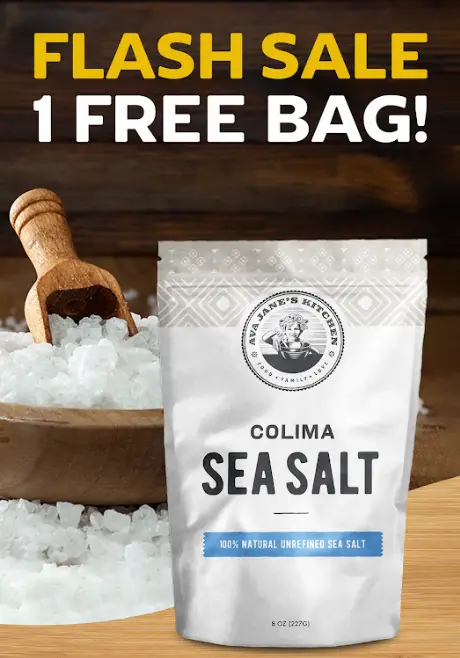A 10-year moratorium on GMOs (genetically modified organisms, or crops) is being called for by Russian scientists according to the website RT.com, who say that more thorough studies are needed.
Those speaking out include members of the National Association for Genetic Safety according to the article, which quoted their vice president Irina Ermakova. The article can be read in its entirety here.
Ermakova says that it has been proven both in Russia and across the world that GMOs are dangerous, especially because of the methods used to create them, which involves the insertion of genes from one species into another in order to obtain a desired trait or characteristic.
She said it is “necessary to ban GMO” and added that they are tumor-causing due to the use of soil bacteria within the GMOs, and said she noticed a rise in cancer and diabetes in areas where GMOs have been widely consumed.
Genetically modified crops can cross-pollinate others meaning that their spread can be especially hard to track, and since the effects on the environment at-large are unknown (and almost impossible to study because of how many different results could occur), many other scientists the world over have urged caution if not a moratorium/ban. Over 800 of them worldwide recently urged a moratorium and/or ban because of this and because of potentially harmful effects on the health of humans and other organisms.
Biotech companies continue to say that the crops are well-tested, however it is worth noting that several of their top former executives have worked their way into key positions in the U.S. government such as Michael Taylor, the Deputy Commissioner of Foods for the U.S. who is a former VP for Public Policy of Monsanto, the largest international GMO-producing company; and U.S. Secretary of Agriculture Tom Vilsack, who is a former Iowa governor and former Biotechnology (GMO) industry Governor of the Year winner who made it much easier for GMOs to be planted without repercussions or controls in Iowa. He also founded the Governor’s Biotechnology Partnership.
These conflicts of interest in the United States have allowed the highly controversial crops entry into other nations despite mass protests against them. Wikileaks even revealed that the U.S. is pushing them around the world on behalf of Monsanto, and Russia doesn’t seem to fond of this practice.
Is Russia Really Considering a GMO Ban?
Currently cultivation of GMOs is not allowed in Russia, but imports on certain crops are, although they have been suspended in the past.
Recently, news came out that the country’s leaders were planning to meet and discuss a total ban on GMOs, but the news has yet to be verified by RT, one of the top sources of information on GMOs in Russia, or other similar sites.
Perhaps the Russian leadership is keeping things quiet for the time being, but one thing’s for sure: Russia is a strong supporter of small scale farming and food freedom.
Russia signed the Private Garden Plot Act into law in 2003, which entitles every citizen to a private plot of land that can be used for growing food, vacationing or relaxing.
Their approach to agriculture is in line with recent UN reports urging a return to such practices and moving away from GMOs and industrial agriculture, which can be read here.
Thanks for installing the Bottom of every post plugin by Corey Salzano. Contact me if you need custom WordPress plugins or website design.











